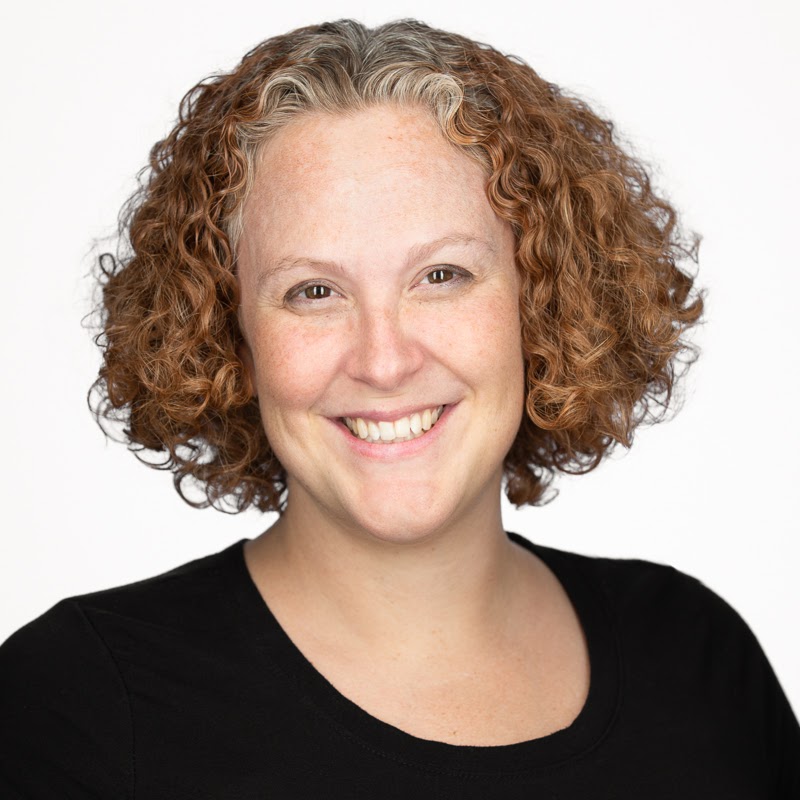1) Where are you currently serving/working? Please share a bit about the work/ministry in which you are involved.
Since participating in DLI, I have had a number of different opportunities to serve in meaningful work. Immediately after DLI, I was hired to serve as a development director, fundraising for access to affordable mental healthcare in Los Angeles. After four years, I moved from LA to Denver to be the Development Director for AfricAid, an organization that supports girls in secondary school in Tanzania who are seeking to complete their education and develop into confident, community-minded leaders. Today, my son just turned one year old and I am extremely fortunate that my wife supports me as a full-time at home mom! Who knows what the future holds, but for now I am enjoying each moment with my baby Fynn.
2) What led you to want to participate in the DLI program?
In 2012, I attended DLI on the heels of returning from eSwatini (formerly Swaziland) as a Global Ministries Mission Coworker. I was unsure of what my next steps would be, and I saw the opportunity to attend this conference of young Disciples Leaders and thought, “I must be there!”
3) What are some of your memories from your time in the DLI program?
I recall DLI fondly. Mostly I remember connecting with individuals, hearing personal stories, both shared one on one and in group settings, and hearing very personal dreams for ministry. I think that’s the beauty of gathering those who are early in their careers (at the time, I was in my early 30’s as were many gathered, though the range was early 20’s to late 40’s!) People brought their visions for life and ministry. I too had a vision I was developing and dreaming about. At DLI I spent time talking with people about it: building it up, shaking it down, and trying to figure out my path forward. I have always been clear that “traditional church ministry” isn’t for me. And I am still trying to figure out what’s next with my vision. Maybe I always will.
4) In what ways has this participation shaped your understanding of ministry and, in particular, what it means to be a leader?
I think back on that intentional gathering and thank HELM and Reconciliation Ministries for creating the space and place for diverse theologies, perspectives, leadership styles, racial and ethnic identities, points of entry, and ideas to come together. I believe that whatever I do in the future, the ideals that are the foundation to DLI continue to be important to me because that is the way church should be embodied in our world!

